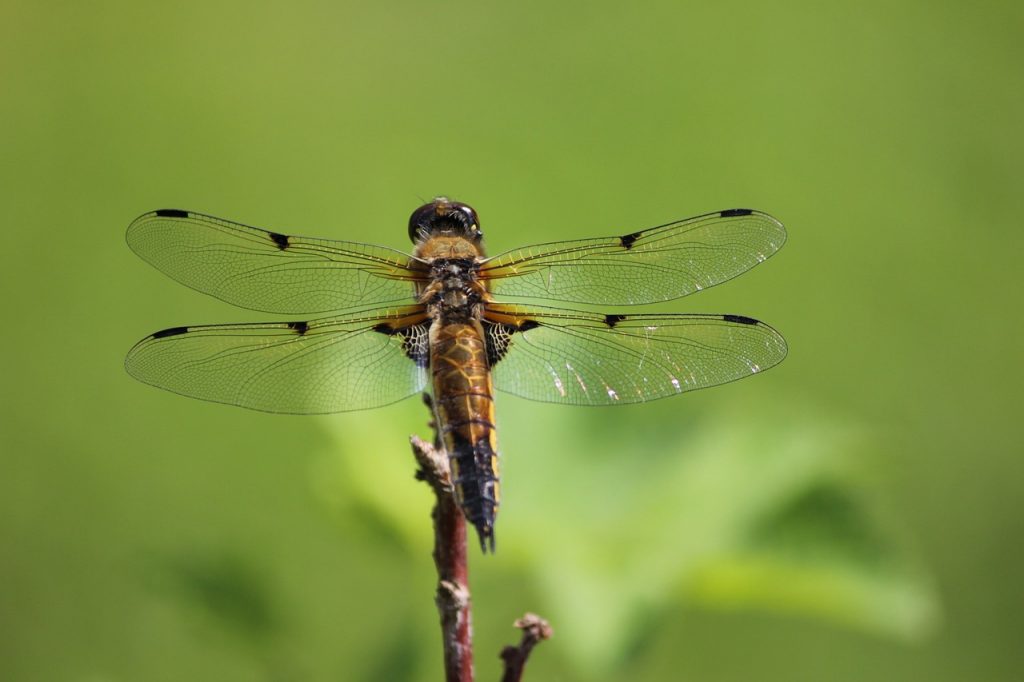Biodiversity is a prerequisite for the well-being of the planet and people, as well as for sustainable development.
Topical
A nationwide Biodiversity Education Network was established in 2021 with support from the Ministry of Education and Culture. Universities of Eastern Finland, Helsinki, Jyväskylä, Oulu, Turku and Åbo Akademi are collaborating in this network. Biodiversity education network is the first collaboration network in the theme of biodiversity education in universities.
All networked universities teach biological and other sciences of most relevance to research and education on biodiversity. Each university has specific expertise, and all have cross-cutting issues. Participants have wide knowledge about different ecosystems and species identification, genetic biodiversity and pedagogy.
There is an increasing demand for topical, renewable and demand targeted education, biodiversity education to non-biologists, lifelong learning. Each university sees opportunities for pooling resources, sharing expertise, improving student and teacher mobility, as well as building multistakeholder partnerships in education.
The network negotiated a cooperation agreement across all university for a smooth credit transfer for the courses of additional value to students across the network. Through this, co-operating universities bring expertise from their areas of strengths and strategic objectives for the use of the entire network. By end of 2022, the agreement listed 20 shared courses of total 67 ETCS. Most of them are online and hybrid courses, some are field courses. Based on identified blind spots Biodiversity education network initiated work on developing novel or enhancing existing courses in virtual learning environments. It also broadened open teaching and lifelong learning through collaboration with Open University. Through the Biodiversity education network, students have a possibility to study biodiversity-related courses from other universities.
The courses are targeted mainly at students studying biology, environmental sciences, geography or agriculture and forestry but there are also courses suitable for all disciplines. These courses offer a good possibility to deepen one’s understanding of biodiversity loss and biodiversity protection.
The current model of the network is sufficiently flexible to allow accepting new partners, supporting collaboration with other educational institutions and non-academic partners, and quick response to further funding opportunities.
Principles of the biodiversity education network:
• Common target and willingness to work together
• Clear steps, ways of working, timetables
• Motivation, active participation and informing
• Clear coordination and responsibilities
• Co-operation, communication, openness, discussion
• Reflection in early stage
We are happy to collaborate, please contact us!


